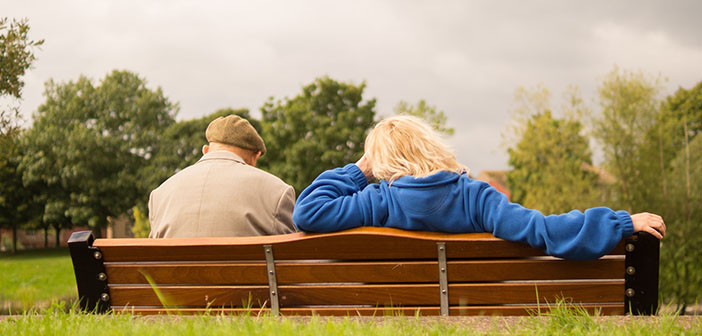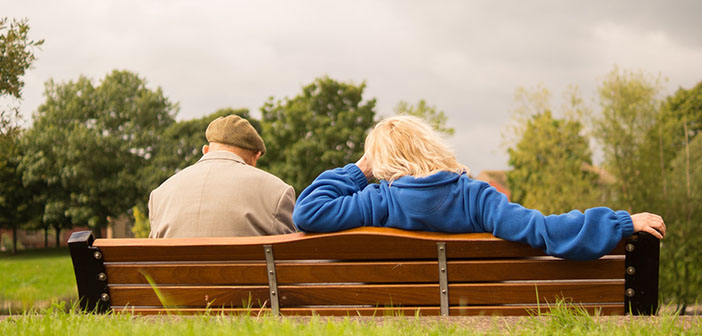
Question: I’ve got a very hip grandma and she wants to share my weed for relief from her aches and pains. Is marijuana safe for seniors?
Answer: Grandma’s not alone. Marijuana use is booming among the baby boomer generation. According to one demographic analysis, consumption of marijuana by Americans 65 and older increased by 250 percent between 2006 and 2013.
One reason for marijuana’s popularity among the senior set is that it can reduce the need for opioid painkillers. In May 2018, Northwell Health, a New York-based health-care network surveyed older adults who were using medical marijuana for chronic pain. Patients reported that after a month of cannabis consumption, their pain dropped, on average, from a searing 9 on a pain scale of zero-to-10 to a more manageable 5.6. As a result, two in three of these marijuana users were able to reduce or completely eliminate their use of other painkillers. Bottom line: More than nine in 10 of those respondents said they would recommend medical marijuana to others, the Northwell survey found.
Marijuana.com spoke to Dr. Diana Martins-Welch, the study’s co-author and a physician in the Division of Geriatric and Palliative Medicine for Northwell Health in Great Neck, New York.
Q: Did the results of the study surprise you?
A: Yes, I was happily surprised to see such positive findings. The comments were overwhelmingly favorable. Medical cannabis had impacted the people in the study profoundly and for the better. It was a small study — under 150 people — but it really drove the point home that this is an area where more research should be done.
And while medical cannabis had improved the quality of people’s lives they were also able to take less medication, both opioids and non-opioids. That aligns with what we already knew; namely, that in states where medical cannabis is legal, fewer opioids are prescribed. What’s more, there are fewer opioid-overdose deaths in states with medical cannabis laws. We can’t yet prove cause and effect, but those are very interesting findings.
Q: How does medical marijuana fill a need when it comes to seniors and pain?
A: What my geriatric patients are experiencing is age-related chronic pain. Osteoarthritis in knees, shoulders, and hips is common, and you can’t replace every single joint. Tylenol only goes so far in providing relief. Then we have NSAIDs, or nonsteroidal anti-inflammatory drugs, like Advil, Motrin, or Aleve. Many older people can’t use these because of issues like gastric ulcers or bleeding or kidney disease. And cardiologists generally don’t want their heart patients taking NSAIDs.
Now, mention opioids to an elderly person or to his or her children and you get looks of horror because of the concern of addiction or even death. What’s more, opioids have side effects, including sedation and constipation. I have people who tell me they’d rather experience pain at a 9 level than be constipated.
Q: What are your considerations in prescribing medical marijuana to an older patient?
A: First and foremost, edibles and smoked cannabis are not legal in the state of New York, where I practice. That leaves me with vaping, capsules, lozenges, and oils. When it comes to dosing, the issue is always going to come down to how much THC is mind-altering, and that’s different for everyone. I follow the mantra of start low and go slow, and that’s especially important for the THC-naïve patient.
For a lot of seniors, their families are urging them to give medical marijuana a try. They grew up in a generation where marijuana was stigmatized and now they’re being encouraged to take it as medicine. Many of these patients are really scared of getting high. As soon as they take a little too much cannabis and get a little high, they never want to do it again. That’s why I start very very slow in finding the right dose.
Q: Back to the person who wants to smoke weed with grandma or grandpa to help with their pain. What advice do you have for them?
For people like me who really take cannabis very seriously as medicine, that’s like asking, can I share my blood pressure medicine with grandma? The answer is the same: Have her talk to her doctor so she can get started on a dose that’s right for her.
You need to be aware that marijuana may slow down or speed up the metabolism rate of other medications someone is taking. A doctor and pharmacist can offer guidance on that. And if someone is already on an opioid for pain, you need to be very careful about throwing cannabis into the mix and rigorous about managing the combined mind-altering effects. Patients also need medical supervision in tapering off or eliminating the use of opioids.
I’ve had seniors come in and say, “I was smoking marijuana with my grandson and I found it really helped with my pain.” I’ll say, great, “Now we know that you respond to cannabis. Let’s find the dose that’s right for you.” It’s very hard to get an accurate dose when you’re smoking Girl Scout Cookie or Purple Haze. So, if you’re moving into the realm of medical, not recreational, marijuana, I wouldn’t suggest sharing a joint with grandma.















